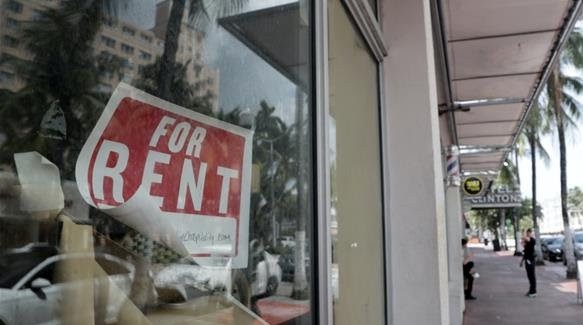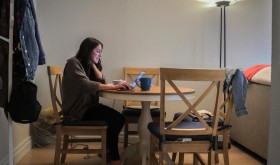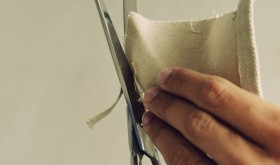
It is the paradox of a pandemic that has crushed the United States economy: 12.9 million people have lost a job and a dangerous rash of businesses has closed, yet the personal finances of many Americans have remained strong – and in some ways have even improved.
A new poll from The Associated Press-NORC Center for Public Affairs Research finds that 45 percent of Americans say they are setting aside more money than usual. Twenty-six percent are paying down debt faster than they were before the coronavirus pandemic. In total, about half of Americans say they have either saved more or paid down debt since the outbreak began.
The findings highlight the unique nature of the current crisis. Nearly $3 trillion in government aid in the form of direct payments, expanded jobless benefits and forgivable payroll loans helped cushion against the fastest economic downturn in US history. Meanwhile, health fears and mandated closures prompted many Americans to spend less on restaurant meals, clothing and travel.
About two-thirds say they are spending less than usual during the pandemic. Since February, there has been a $1.3 trillion jump in money kept in checking accounts – a 56 percent increase tracked by the Federal Reserve. While the greater savings helps to keep families financially more secure, it may also limit the scope of any recovery in a country that relies on consumer spending for growth.
Kent Sullivan, a landscape painter from Orlando, Florida, has been making extra mortgage payments. The 68-year-old and his wife received $1,200 in direct government payments and hope to own their home free and clear within 18 months.
“Everything goes into extra mortgage payments,” he said. “As an artist, it’s feast or famine. You never know if you’re going to get a big commission or if the gallery does well.”










